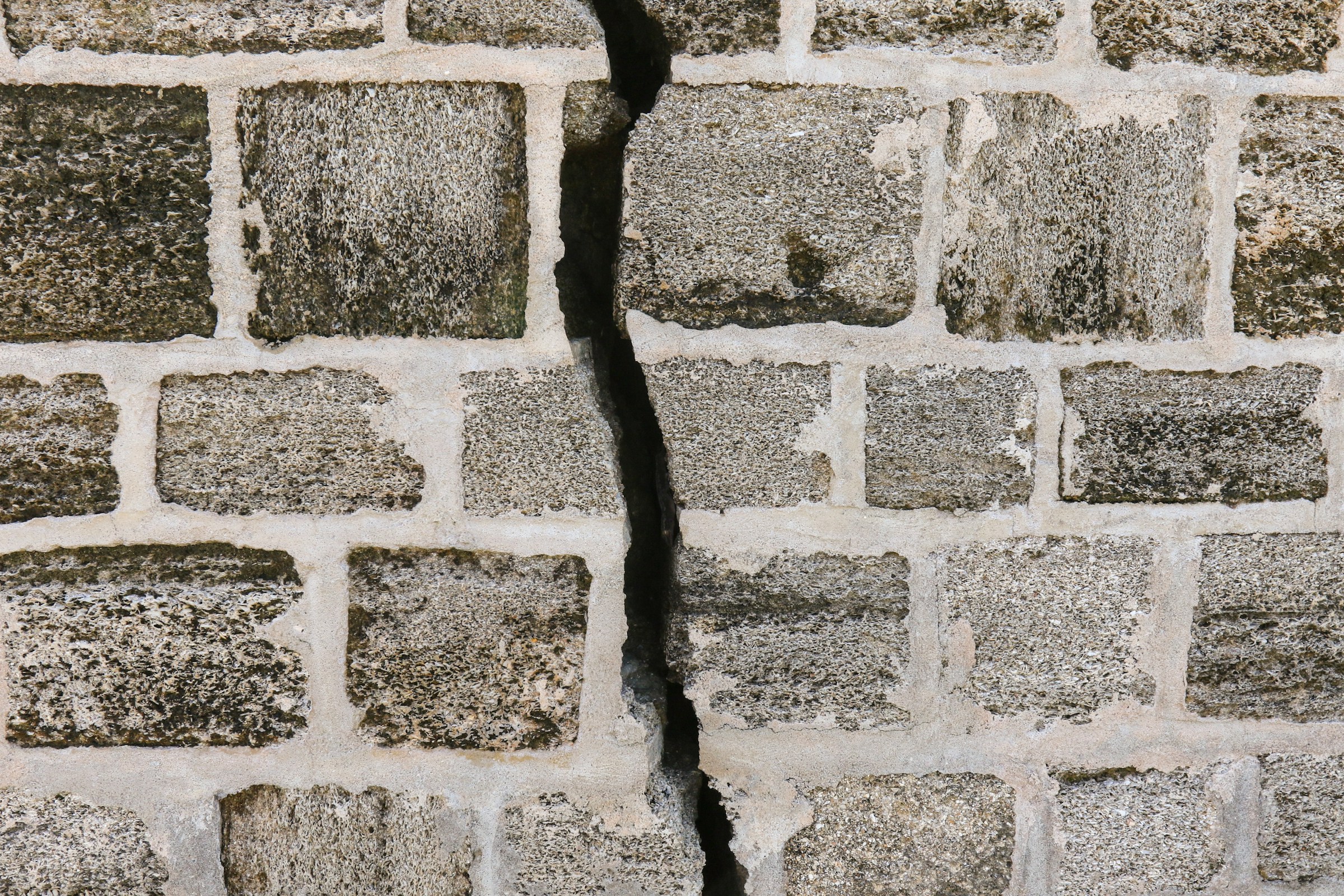
Selling a House with Structural Issues: What You Need to Know
Selling a house is rarely straightforward, but when structural issues are involved, it can feel even more daunting. Cracks in the walls, subsidence, damp, or roof problems can all raise red flags for buyers and mortgage lenders, resulting in your sale being delayed or reducing the value of your property.
However, structural problems don’t have to mean the end of the road. In this guide, we’ll explain what counts as a structural issue, how it can affect your sale, and what options you have, including how to sell your house fast and without hassle, even if it’s not in perfect condition.
What counts as a structural issue?
Structural issues refer to problems with the core elements that support and shape a property; essentially, it can be anything that affects the building’s integrity or safety. These aren’t cosmetic concerns such as peeling paint or worn carpets – they’re faults that could compromise the house’s stability, lead to further damage, or put the occupants at risk.
There are various types of structural issues that can affect a property. These can include:
- Subsidence – when the ground beneath a property shifts or sinks and causes the building to settle unevenly
- Cracked walls or ceilings – especially large, diagonal, or widening cracks that could indicate movement or stress
- Damp and rot – if left untreated, moisture can weaken timber structures and lead to dry rot
- Roof problems – sagging, bowing, or damaged roofing timbers that could affect the entire roof’s stability
- Foundation issues – such as movement, shifting, or insufficient support beneath the structure
- Bowing or leaning walls – walls that appear to curve or lean could suggest serious underlying faults
While some structural problems are easy to spot, others might need a professional to identify them. You might notice that doors or windows begin to stick or no longer fit their frames properly, which can be a sign of movement within the structure. If you notice that the floors seem to slope or feel uneven, along with large cracks near windows, doors, or where extensions meet the main building, this can also indicate issues.
Other signs include visible gaps between walls, ceilings, or skirting boards, as well as the presence of damp patches, mould, or a musty smell. A sagging roof or missing tiles might point to problems with the roof structure.
If you’re unsure, it’s a good idea to have a chartered surveyor carry out a structural survey. This can give you a clearer understanding of any issues and help you anticipate concerns a potential buyer might raise.
Do structural issues affect a property’s value?
Structural issues can have a significant impact on a property’s value. In most cases, the presence of serious defects will reduce what a buyer is willing to pay. The cost of repairs, the perceived risk, and potential difficulty securing a mortgage can all affect a buyer’s decision. Even minor problems can create uncertainty, which can deter buyers or lead to lower offers. Depending on how severe the issue is, the reduction in value could range from a few thousand pounds to a substantial percentage of the property’s worth.
When it comes to inspections, both surveyors and buyers are on the lookout for red flags. A surveyor conducting a homebuyer report or full structural survey will assess the condition of the property’s foundations, walls, roof, and timber, among other key elements. They’ll also look for signs of movement, damp, or rot, and provide an indication of the extent of any problems. This information can heavily influence a buyer’s decision, especially if the report recommends further investigation or costly repairs.
Buyers, especially those relying on a mortgage, might not be able to proceed if structural issues are found. Lenders are cautious about lending on properties that pose a risk, so they might require repairs to be made before they can approve the loan, or they might reduce the amount they’re willing to lend. As a result, even interested buyers might have to pull out of a sale if the structure raises concerns during the conveyancing process.
Can you sell a house with structural problems?
It is entirely possible to sell a house with structural problems, but it comes with certain challenges and responsibilities. One of the most important aspects is understanding your legal obligations as a seller. In the UK, you’re required to disclose any known issues that could affect the value or safety of the property. This includes structural defects such as subsidence, damp, or roof problems. If you fail to mention these, it can lead to legal action later if the buyer discovers them after the sale. During the conveyancing process, you’ll need to complete a Property Information Form (TA6), which asks about known defects. If you’re aware of any structural issues, you must answer truthfully. Transparency is key, as being upfront can avoid delays or disputes and helps manage buyer expectations.
Selling on the open market with structural problems can be complicated. As we’ve discussed, many buyers are put off by the prospect of expensive repairs, and those who are interested might struggle to secure a mortgage. You may also receive lower offers as buyers factor in the cost of fixing the issues. Estate agents might recommend reducing the asking price or marketing the property as a renovation project to attract the right type of buyer.
An alternative is to sell to a cash house buyer. Cash buyers don’t have to get a mortgage approval, so they can proceed with the sale regardless of the property’s condition. This makes the process faster and more straightforward, especially if you’re looking for a quick sale or want to avoid the hassle of repairs. Companies like Sell House Fast specialise in buying properties with structural issues, offering fair cash prices and completing sales on your timeline. For sellers dealing with uncertainty or facing delays on the open market, this route can offer a practical and stress-free solution.
How Sell House Fast can help
If you’re selling a house with structural issues, using Sell House Fast can help you avoid many of the delays and costs that come with the traditional market. There’s no need to carry out repairs or arrange costly structural surveys – we buy any house in any condition. Whether your home has subsidence, a leaking roof, or major cracks in the walls, we’ll still make you a genuine offer.
We specialise in fast house sales, often completing in as little as seven days. There’s no waiting around for mortgage approvals or chains to resolve, and no risk of the sale falling through at the last minute. If you need to move quickly – whether due to financial pressure, relocation, or simply to avoid further stress – our process is designed to work on your timeline.
We also offer fair, competitive cash offers based on your property’s condition and market value. There are no estate agent fees, and you won’t need to pay for surveys or legal costs. In fact, you can sell your house for free with us — we cover all the costs. It’s a simple, hassle-free way to move on from a problematic property without the usual obstacles.
You can get a free cash offer online or contact us to speak to the team about how we can help with your property.


